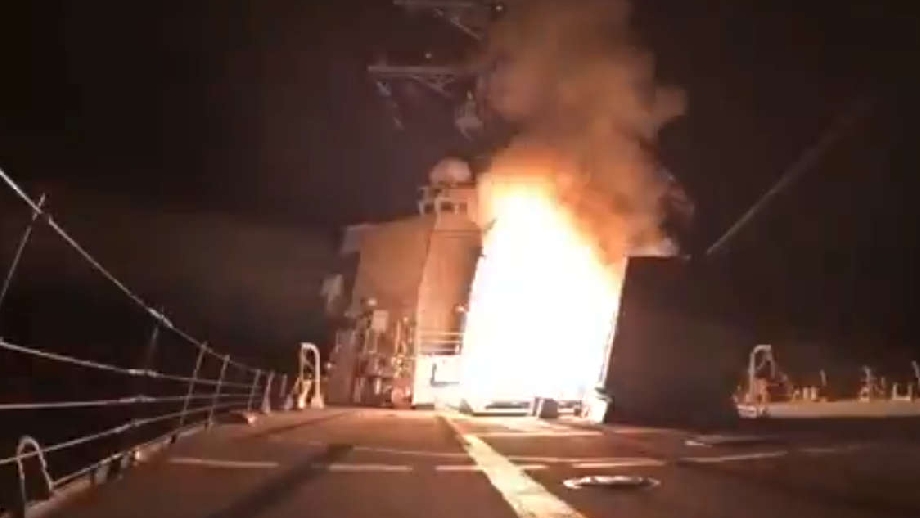Nigeria’s President Bola Tinubu has never worn religion as a badge and never been defined by religious identity. Though a Muslim, married a Christian Pastor, he has long been known for his ability to balance Nigeria’s complex religious landscape. As former governor of Lagos State, he founded the Lagos State Annual Thanksgiving Service in year 2000, a remarkable initiative that became one of the largest Christian gatherings in the Southwest Region. That gesture was not political theatre; it was an act of statesmanship that celebrated Nigeria’s diversity. He attended as a servant leader of all people, Christian, Muslim, and otherwise setting a tone of unity that our federation still needs today.
Today, that inclusive spirit, and legacy of tolerance faces, a renewed wave of external scrutiny, and a new kind of test- one not from within, but from abroad. The U.S. President Donald Trump’s decision to designate Nigeria as a “Country of Particular Concern” over alleged Christian persecution was more than a foreign policy statement. It was a calculated political signal. His subsequent threat to “use the military to defend Christians in Nigeria” crossed a dangerous line, suggesting that America could unilaterally intervene in our internal affairs based on a distorted interpretation of Nigeria’s religious dynamics.
A Complex Reality Misunderstood
There is no denying that Nigeria faces violent flashpoints where religion is entangled with ethnicity and poverty. But it is intellectually lazy and diplomatically reckless to label these crises as “Christian persecution.” Successive Nigerian governments, both Muslim- and Christian-led, have condemned extremism and taken act against those who inflame division. Trump’s posture, however, ignored the facts. It reframed Nigeria’s domestic challenges as a global crusade, inviting a moral panic that oversimplifies and endangers. The real tragedy is that such mischaracterizations can embolden extremists, fracture communities, and damage Nigeria’s reputation on the world stage.
Diplomacy Is Strength, Not Submission
As a corporate diplomacy expert, I have seen how scenario-based-strategy, not outrage determines outcomes. Whether in global business negotiations or international relations, power is not exercised only through might; it is asserted through credibility, alliances, and skilful communication. Nigeria must resist the temptation to respond defensively and instead deploy smart diplomacy to reframe the narrative. History offers compelling evidence of how diplomacy can avert even the gravest conflicts. During the 1962 Cuban Missile Crisis, the world stood seconds away from nuclear war. Yet, through quiet negotiation between U.S. President John F. Kennedy and Soviet Premier Nikita Khrushchev, a peaceful resolution emerged: the Soviet Union withdrew missiles from Cuba, and the U.S. reciprocated by removing its own from Turkey. Dialogue, not force, saved the world.
Nigeria can apply the same principle today. The path forward lies in strategic engagement, leveraging bilateral relations, regional blocs like ECOWAS and the African Union, and international platforms to clarify its realities. Nigeria must lead the conversation, not react to it.
A Lesson from Leadership
When a Muslim governor created a Christian thanksgiving celebration, he embodied what diplomacy looks like at home: listening, inclusion, and respect. Nigeria’s leaders must now display those same qualities abroad. We cannot control how others view us, but we can control how we present ourselves. That is the essence of corporate diplomacy, proactive communication grounded in national dignity. Trump’s rhetoric may have been provocative, but Nigeria’s best response is composure, not confrontation. Power is never just about weapons or wealth; it is about narrative, legitimacy, and alliances.
The Diplomat’s Way Forward
Nigeria stands at a defining moment. The challenge is not to prove that Christians are safe, Muslims are fair, or that America is wrong, it is to prove that Nigeria is capable of solving its own problems with balance and foresight. True diplomacy is not silence; it is strategic communication. It is the ability to turn political provocation into an opportunity for partnership. If Nigeria channels its response through professionalism, restraint, and intelligent diplomacy, it will not only protect its image, but it will also strengthen its global standing.
As someone who has studied and practiced the intersection of corporate influence and international relations, I know these same principles that sustain global brands, trust, transparency, and consistency, also sustain nations.
And in this moment, Nigeria must choose those principles, not fear, and not anger- to defend its sovereignty and its soul.
Joel Popoola is the Chair, Institute of Directors IoD Africa Group and a Managing Partner at Anchora Advisory, specialising in corporate diplomacy and internationalisation, writes from United Kingdom.






